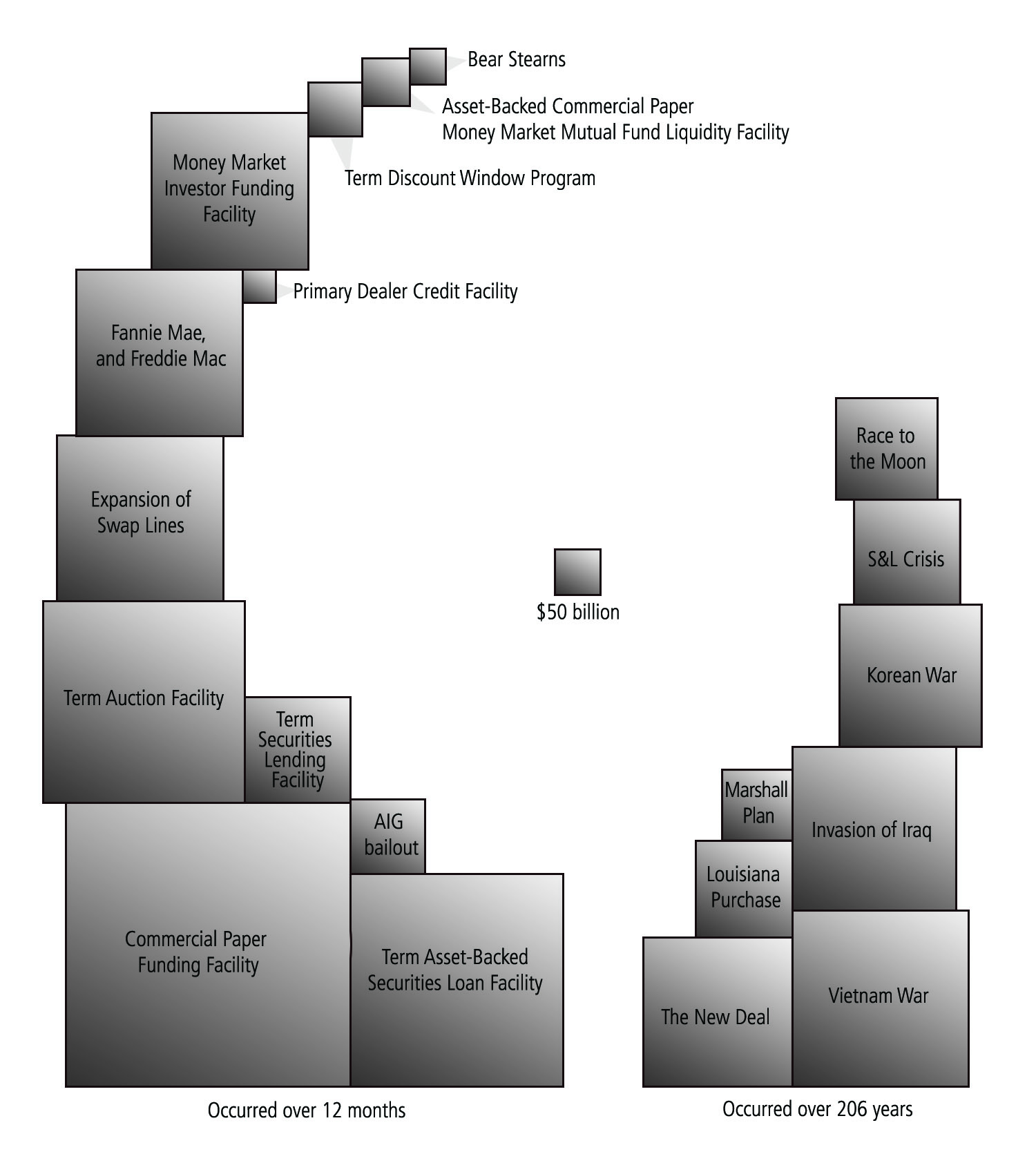To kick off the summer in positive fashion, we are planning a celebration this Saturday (6/20) from 1-4 pm at the Garden on 19th St. SE, between Oak & Bellevue streets. Please join us for music, food, and activities for all!
Sincerely,
Jordan Blake
Garden Project Manager
Marion Polk Food Share
Email: jblake@foodbanksalem.org
Work cell: (503)798-0457
Web: www.marionpolkfoodshare.org
Thursday, June 18, 2009
Celebrate Summer's Arrival!!
Wonderful! See you there!
Ruh-roh -- you mean we can't ignore natural resource limits? Who knew?!

Note the lengthy article in today's Oregonian ( "Reliable water data running dry in Oregon," by Les Zaitz, page A1). Apparently, underfunding the Water Resources Department over the last several years has left us without the data, resources or manpower to intelligently plan for the next million people expected to be living here by 2030.Of course, there is reason for extreme skepticism about projected growth in population; those numbers are based on total obliviousness to the reality that we've hit Peak Oil and that the end of easy, cheap energy is going to permanently rewrite our economic rules, such as how much we move around (and how many jobs there will be to move for, etc.) But the underlying point is good: the first thing the developers and corporations want is for the public to be without good data on natural resource limits, because then they can sell "growth" and "jobs" much easier.
Here's a classic quote, "If we had known in the 1960s what we know now, the department would not have issued as many groundwater permits." Brenda Bateman, Senior Policy Advisor, Oregon Water Resources Department.
Of course this information is coming out just as the Legislature passed the Big Look bill which in all likelihood will increase rural development and Metolius Protection is fighting for its life.
In 2009, many believe we have already overcommitted our water resources and we're still behaving as if it were the 60s.
Yes Salem has an abundance of water, until we're asked to divert it to "create jobs" and "improve the economy" by developing Eola Hills.
Richard
Labels:
indicators,
Sustainable agriculture,
Warnings,
Watershed
Subscribe to:
Comments (Atom)

![Reblog this post [with Zemanta]](http://img.zemanta.com/reblog_e.png?x-id=8bf7a4b9-f173-4205-be50-94c40d40015f)
![Reblog this post [with Zemanta]](http://img.zemanta.com/reblog_e.png?x-id=e5e6b639-99c8-4765-b543-8ce58cf977f5)




